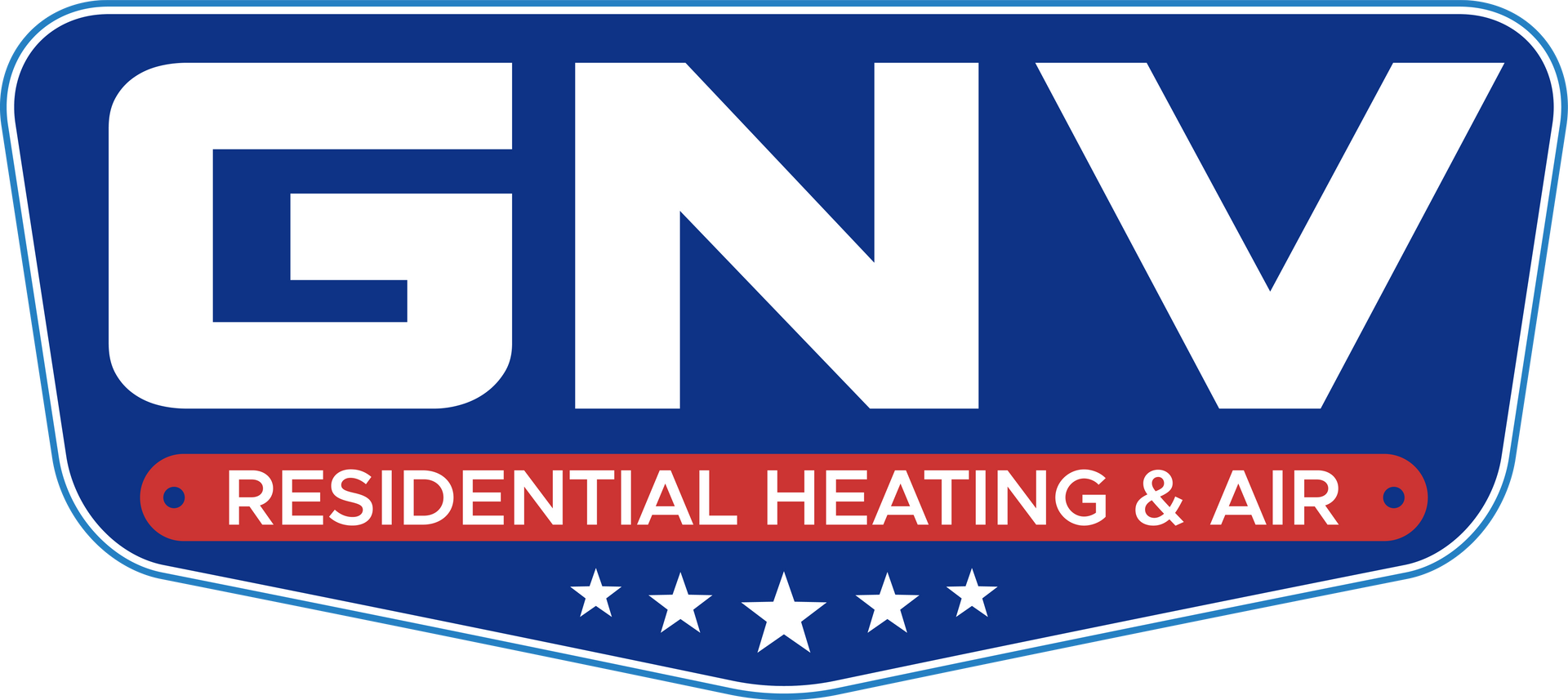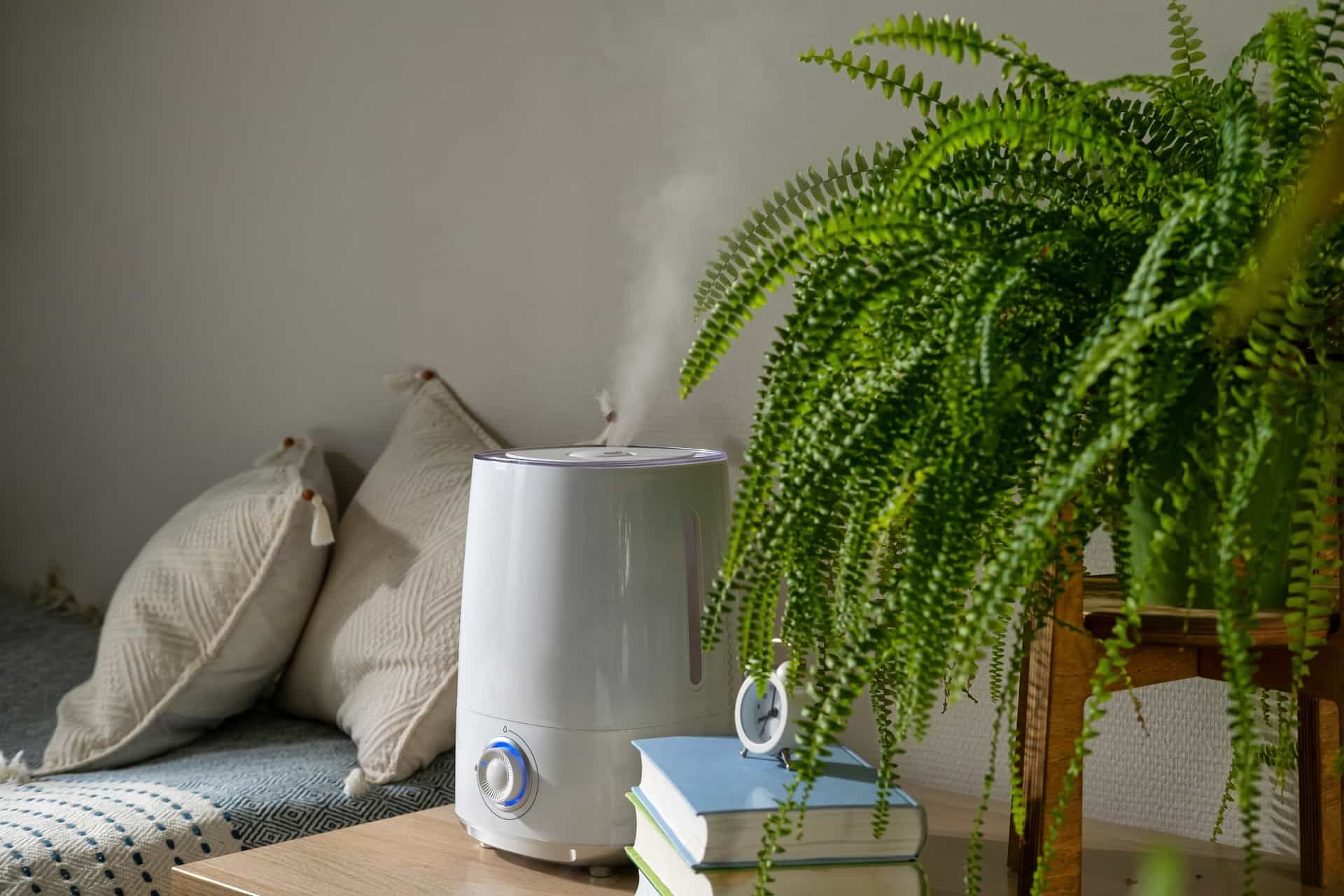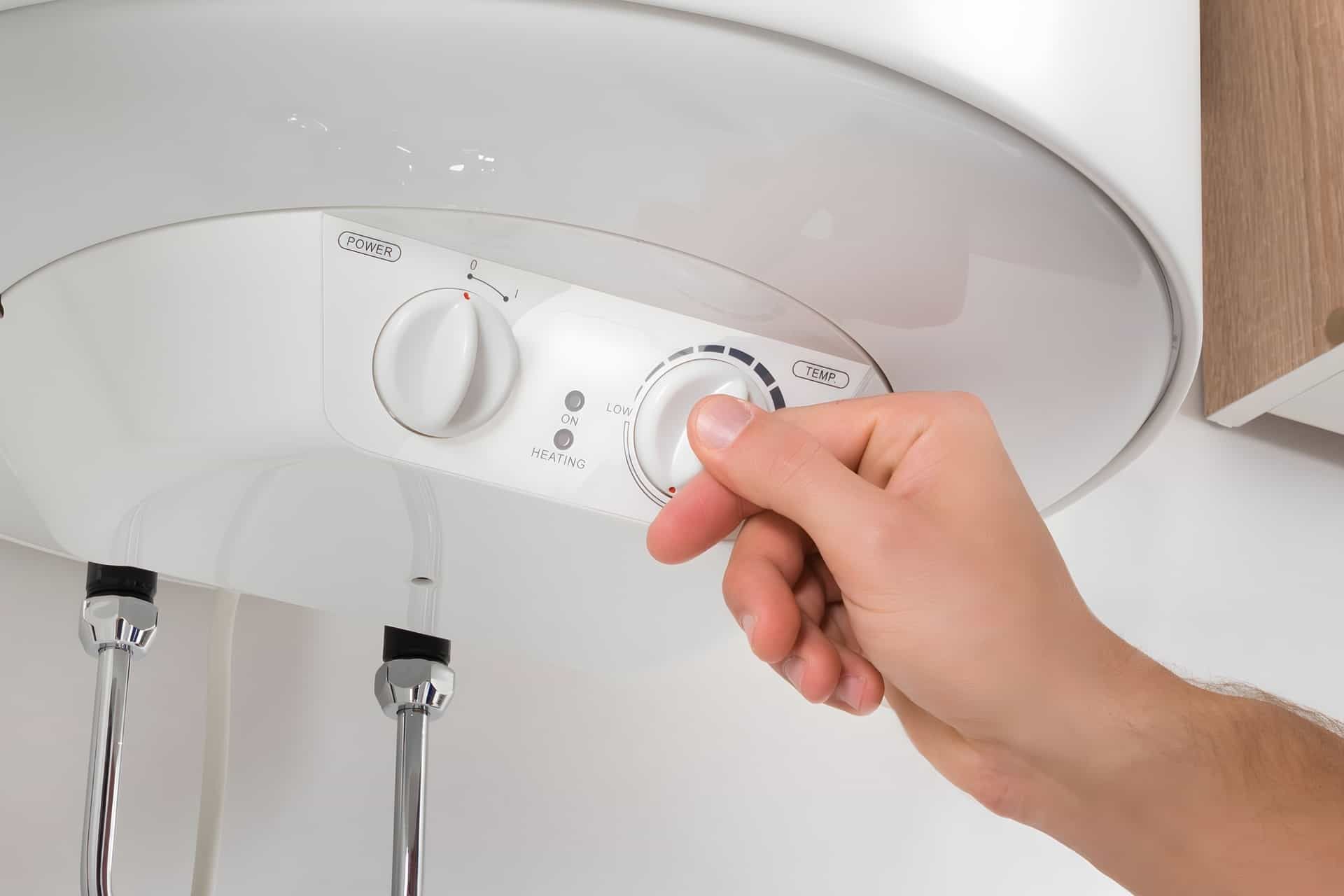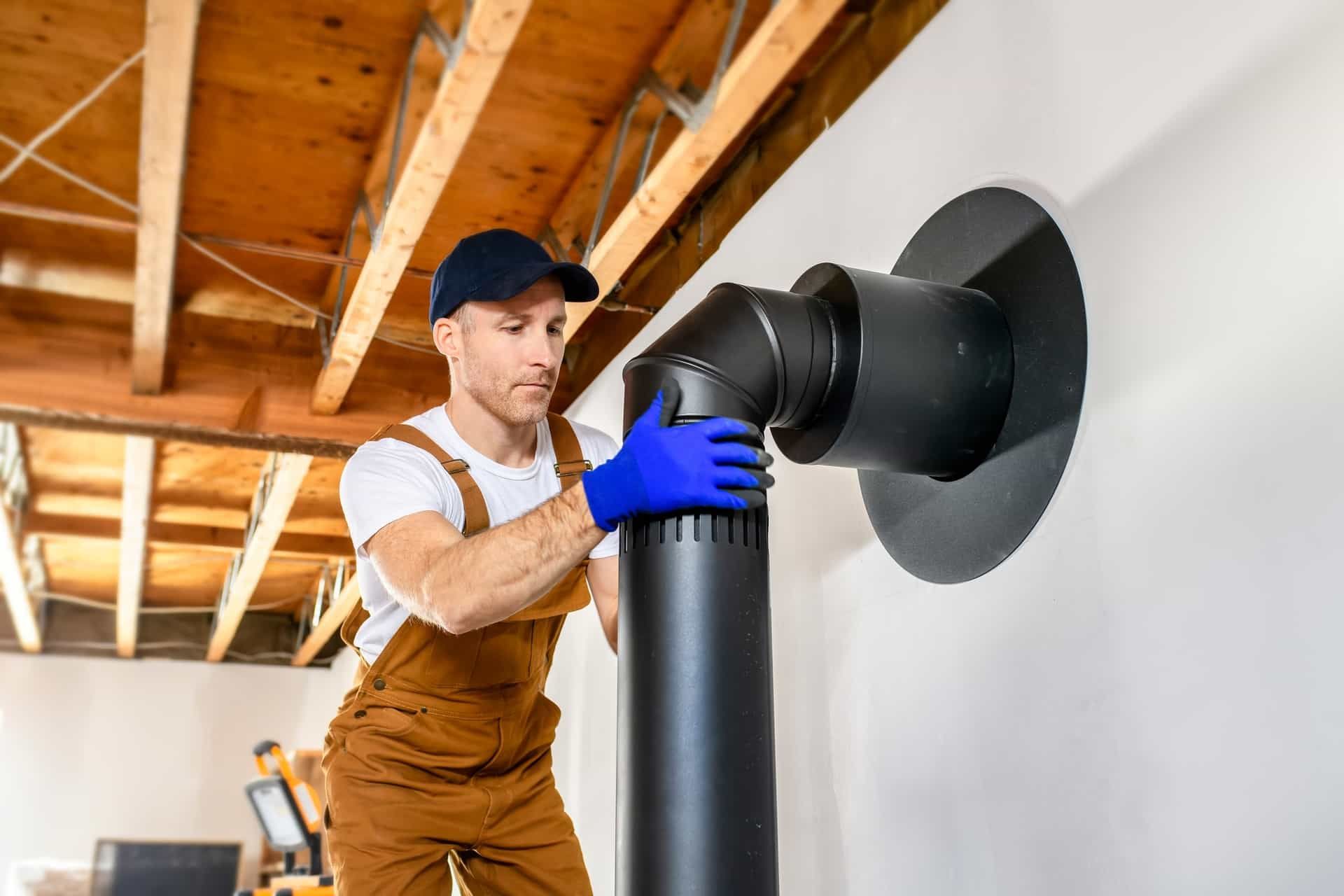What is HVAC? How Does an HVAC System Work?
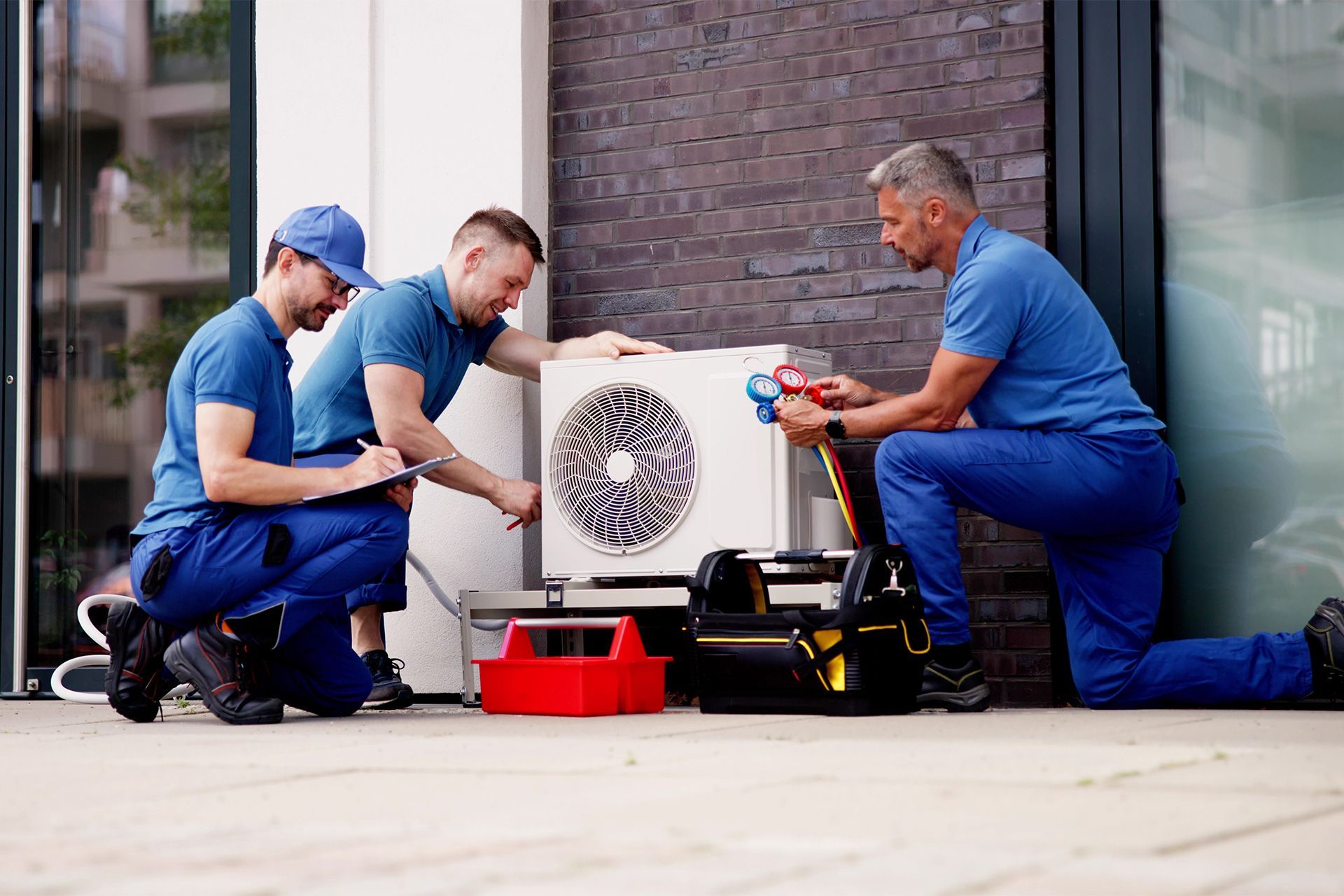
When it’s hot in the summer or freezing in the winter, your home’s comfort depends on one important system — HVAC. But what does HVAC stand for, and how does it really work? Whether you're a new homeowner or just curious, this guide will explain everything you need to know about HVAC systems in a way that's easy to understand.
What Does HVAC Stand For?
HVAC stands for Heating, Ventilation, and Air Conditioning. It’s a system that helps control the temperature, airflow, and air quality in your home or building. Simply put, an HVAC system keeps you warm in the winter, cool in the summer, and makes sure the air inside your house is clean and fresh all year round.
The Three Main Parts of an HVAC System
An HVAC system has three important parts: Heating, Ventilation, and Air Conditioning. Let’s break down what each one does:
1. Heating
The heating part of your HVAC system warms up your home when it’s cold outside. This is usually done by a furnace or heat pump.
Furnace: Uses gas, oil, or electricity to heat air and blow it through ducts.
Heat pump: Can both heat and cool your home by moving warm air in or out, depending on the season.
2. Ventilation
Ventilation is all about airflow. It brings in fresh air from the outside and removes stale air from inside your home. It also helps control humidity and filters out dust, allergens, and bad smells.
Ducts: These are like tunnels that carry air around your house.
Filters: These trap dust, pollen, and other particles to keep your air clean.
3. Air Conditioning
The air conditioning part cools your home during hot months. It takes warm air from inside, cools it down, and then sends the cool air back into your rooms.
Air conditioner or heat pump: Removes heat from the air using a refrigerant.
Evaporator coil: Absorbs heat and helps lower the air temperature.
How Does an HVAC System Work?
Let’s walk through how the entire HVAC system works together to keep your home comfortable.
Step 1: Setting the Thermostat
You begin by setting the thermostat, which is the brain of your HVAC system. When you set your desired temperature, the thermostat tells the system to either heat or cool the house.
Step 2: Heating or Cooling Starts
If you need heat, the furnace or heat pump turns on and warms up the air.
If you need cool air, the air conditioner or heat pump removes heat from the air and cools it.
Step 3: Air Moves Through Ducts
The system uses a blower fan to push the heated or cooled air through ducts and into the different rooms in your home.
Step 4: Ventilation Keeps Air Fresh
While this is happening, the ventilation part of your system makes sure fresh air is brought in and dirty air is taken out. Filters clean the air, and vents allow for good air movement.
Step 5: Maintaining Temperature
The thermostat keeps checking the temperature. Once your desired setting is reached, the system turns off until it’s needed again. This helps save energy and keeps you comfortable.
HVAC Benefits: Why It Matters
An HVAC system does more than just make your home feel good. Here are some of the top HVAC benefits:
1. Comfort All Year
HVAC systems keep your home warm in winter and cool in summer, no matter the weather outside.
2. Clean Air
Good ventilation and filters help remove dust, pet dander, pollen, and germs. This is especially helpful for people with allergies or asthma.
3. Energy Efficiency
Modern HVAC systems use less energy than older models. This helps save money on your energy bills.
4. Quiet Operation
Many HVAC systems today run quietly, so you stay comfortable without hearing loud noises from your furnace or AC.
5. Smart Controls
Some thermostats can connect to your phone, allowing you to control your home’s temperature even when you’re not there.
Common HVAC Repairs and Replacements
Even the best HVAC systems need care from time to time. Here’s what you should know about HVAC repair and replacement:
Common Repairs
Dirty Filters: Clogged filters block airflow and reduce efficiency.
Thermostat Issues: If your home feels too hot or cold, the thermostat might need recalibration or replacement.
Refrigerant Leaks: These reduce your AC’s ability to cool and can damage the compressor.
Worn-Out Parts: Blower motors, belts, or fans may wear out over time.
When to Replace Your HVAC System
You might need to replace your HVAC system if:
- It’s more than 10–15 years old
- Repairs are becoming frequent and costly
- Your energy bills are going up
- Your home has hot or cold spots
- The system uses outdated refrigerants
Replacing your system with a newer, more efficient model can improve comfort and save money in the long run.
Tips to Keep Your HVAC System Working Well
Taking care of your HVAC system can help it last longer and work better. Here are a few tips:
Change filters every 1–3 months to keep airflow strong and air clean.
- Schedule regular maintenance at least once a year with a professional.
- Keep vents and ducts clear from furniture, dust, and debris.
- Use a programmable thermostat to control temperature efficiently.
- Listen for unusual noises — they might be signs that something needs fixing.
When to Call the Experts
While some small tasks like changing filters can be done by homeowners, many HVAC issues need a licensed technician. Professional HVAC experts can:
- Inspect your system
- Fix broken parts
- Install new units
- Improve energy efficiency
If your system isn’t keeping your home comfortable, it’s time to call for help.
Final Thoughts
Now that you know what HVAC stands for and how an HVAC system works, it’s easy to see why it’s such an important part of your home. It keeps your space warm, cool, and filled with clean air. Regular maintenance and timely repairs can keep your system running smoothly for years.
If your HVAC system needs repair, replacement, or a professional check-up, contact the experts at
GNV Heating and Air Conditioning today!
Disclaimer: The information on this website and blog is for general informational purposes only and is not professional advice. We make no guarantees of accuracy or completeness. We disclaim all liability for errors, omissions, or reliance on this content. Always consult a qualified professional for specific guidance.
